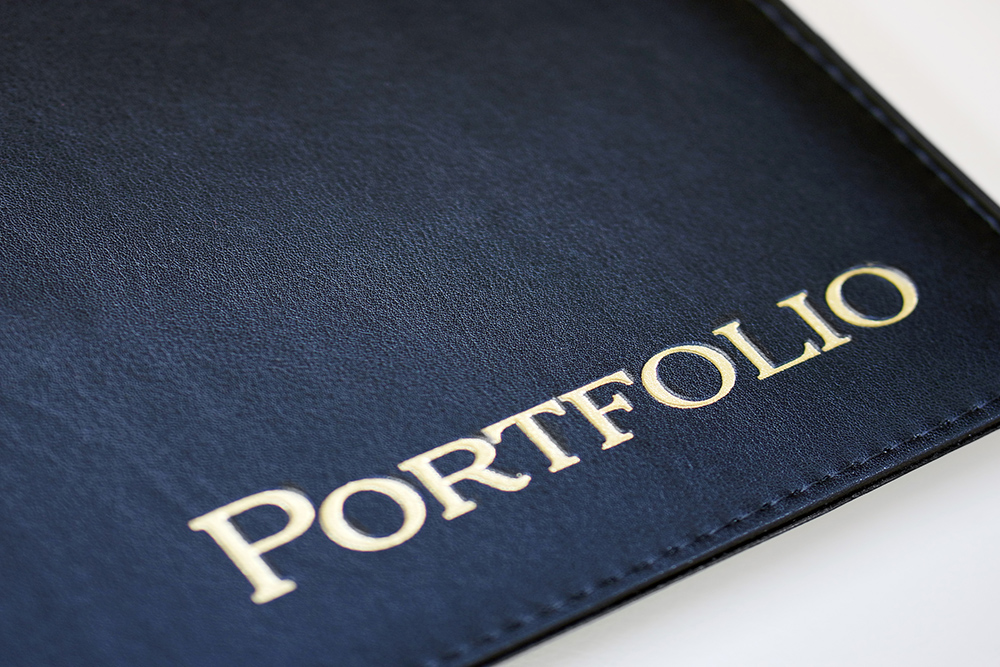By Eric Reich
Too often investors get hung up on one factor of investing and they focus on it to the detriment of many other factors. The most common singular focus is performance. Investors often compare their own investment performance against the S&P 500, or their neighbor’s or worse, the best performing single stock that happens to be in the news at any given time. Invariably, investors are left disappointed because they will never look beyond that performance metric and tend to focus only on their portfolio’s shortcomings as opposed to all the factors that combine to make a sound portfolio. Different portfolios will perform better at different times. There is simply no perfect one size fits all portfolio.
I like to tell clients that while people think only performance is important, what they really want is performance, net of fees, net of taxes, net of risk. If you want great potential returns, you could go to Atlantic City and pick red or black. They don’t because the risk of losing all of their money is too great. So clearly risk adjusted return is far more important than return itself.
Once I have risk adjusted returns, the factors to evaluate a portfolio don’t stop there. As any great CPA will tell you, it isn’t what you earn, it’s what you keep. Good performance that gets eroded in fees reduces the overall strength of a portfolio because the net performance may look like those of a less aggressive portfolio, which is of course not the goal of investing. Saving 0.5% to 1% in fees can make a huge difference over a long period of time.
Taxes are probably the most overlooked component of a portfolio. Unlike fees, which investors have thankfully been starting to focus on in recent years, taxes are still often completely neglected. Being tax efficient in a portfolio can potentially add additional returns to a portfolio.
If we combine low fees and tax efficiency, we can potentially see a tremendous difference in our long-term performance. Imagine saving 1% in fees and even just 1% in taxes. If I invest $100,000 for 25 years at 7% net of fees and taxes, I’d have a little over $572,000. Now if I took that same $100,000 and reduced the fees and taxes by a total of 2%, meaning I actually earned a net 9%, then I would now have over $940,000. That’s $368,000 more just my being tax efficient and reducing my fees. That’s roughly 64% more money just by making a few smart changes.
As you can see, you can’t simply try to improve performance without considering many other factors. You also need to consider taxes, fees, and of course risk when constructing an optimal portfolio.
Securities offered through Kestra Investment Services, LLC (Kestra IS), member FINRA/SIPC. Investment advisory services offered through Kestra Advisory Services, LLC (Kestra AS), an affiliate of Kestra IS. Reich Asset Management, LLC is not affiliated with Kestra IS or Kestra AS. Neither Kestra IS nor Kestra AS provides legal or tax advice. The opinions expressed in this commentary are those of the author and may not necessarily reflect those held by Kestra Investment Services, LLC or Kestra Advisory Services, LLC. To view form CRS visit https://bit.ly/KF-Disclosures.
Eric is President and founder of Reich Asset Management, LLC. He relies on his 25 years of experience to help clients have an enjoyable retirement. He is a Certified Financial Planner™ and Certified Investment Management AnalystSM (CIMA®) and has earned his Chartered Life Underwriter® (CLU®) and Chartered Financial Consultant® (ChFC®) designations. A lifelong resident of Cape May County, Eric resides in Seaville, NJ with his wife Chrissy and their sons ,CJ and Cooper, and daughter Riley.










